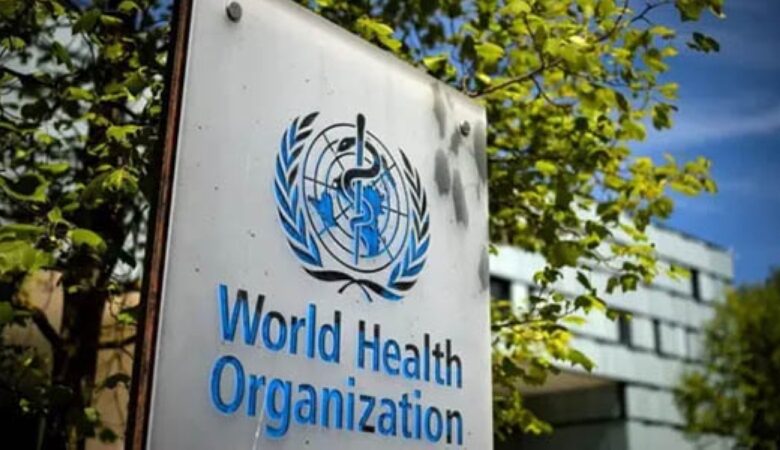
-
Delaying or altering vaccination schedules without evidence greatly increases the risk of infection, not only for children but also for communities at large, WHO spokesman Tarik Jasarevic said.
-
About 62 million people worldwide live with autism spectrum disorder, underscoring the need for greater global efforts to understand its causes.
The World Health Organization (WHO) emphasized that no scientific evidence links paracetamol to autism and reiterated that vaccines do not cause the disorder, contrary to claims made by the administration of US President Donald Trump, Al Jarida newspaper reported.
Trump had strongly advised against the use of paracetamol by pregnant women, alleging it increases the risk of autism in children despite clear medical guidance dismissing such claims. He also went on to question the effectiveness of vaccines, without presenting any scientific proof.
“Some observational studies have suggested a possible association between prenatal exposure to paracetamol and autism, but the evidence remains inconsistent,” WHO spokesman Tarik Jasarevic said during a regular press conference, responding to questions about the US president’s remarks. “Many studies have not proven such a relationship,” he added, urging caution before drawing conclusions about a causal link between paracetamol and autism.
Paracetamol, also known as acetaminophen, is found in common medications such as Doliprane, Dafalgan, and Tylenol in the United States and Canada. It is widely recommended for pregnant women to treat pain or fever, as other medications like aspirin and ibuprofen are prohibited during pregnancy, particularly in the later stages.
The US president also spoke extensively about vaccines on Monday, calling for changes to childhood vaccination schedules and claiming that unvaccinated individuals or those avoiding certain medications do not develop autism.
The WHO quickly rejected these claims. “Vaccines save lives, we know that. Vaccines do not cause autism,” Jasarevic stressed. “They have saved countless lives. This is proven by science and should not be questioned,” he said, calling on leaders to follow the guidance of health authorities. He reminded that “science exists to provide evidence that guides policies worldwide.”
Jasarevic further explained that delaying or altering vaccination schedules without evidence greatly increases the risk of infection, not only for children but also for communities at large.
Earlier this year, the Trump administration pledged to uncover the causes of what it called an “autism epidemic.” While autism diagnoses have increased in the United States in recent decades, experts attribute this largely to improved diagnostic tools rather than an actual epidemic.
The WHO estimates that about 62 million people worldwide live with autism spectrum disorder, underscoring the need for greater global efforts to understand its causes.
Follow The Times Kuwait on
X, Instagram and Facebook for the latest news updates












